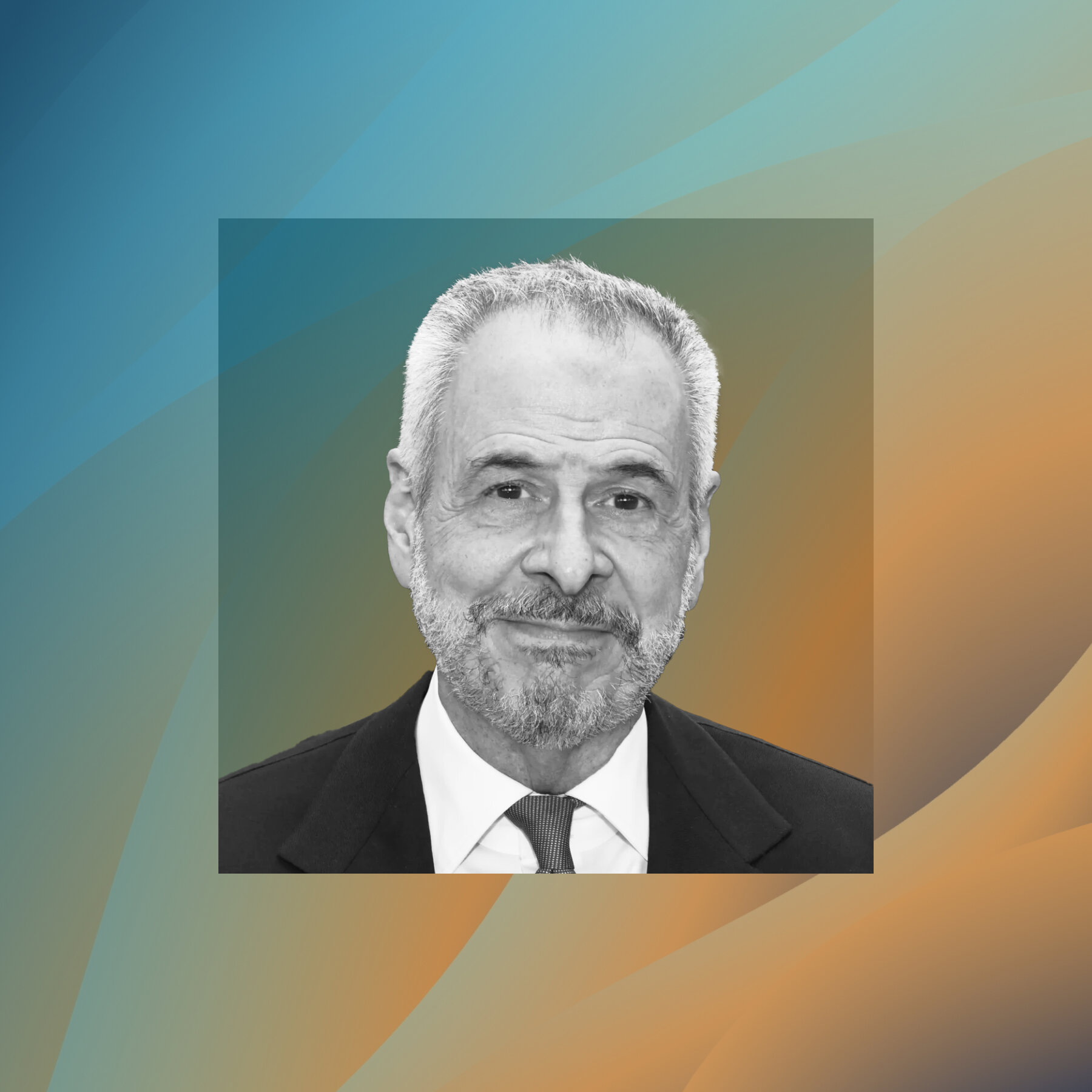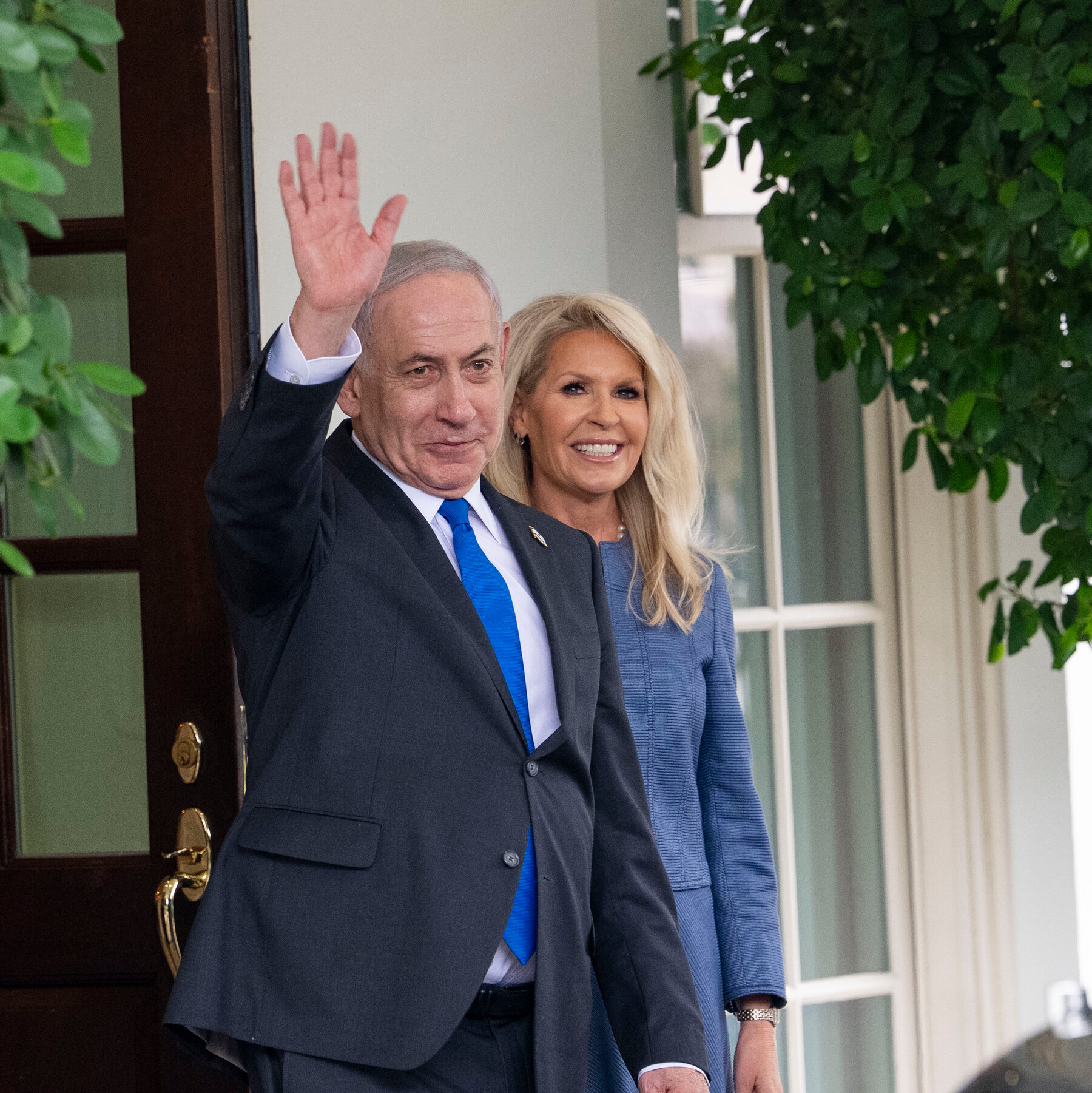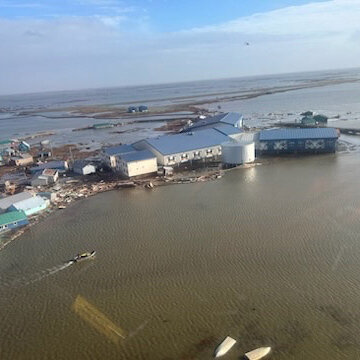The C.E.O.s Who Came to Dinner (With the Saudi Crown Prince)
Washington’s High‑Profile Dinner
On Thursday evening, the White House hosted a lavish dinner that brought together a select group of America’s most influential business leaders and Saudi Crown Prince Mohammed bin Salman. The event, held in the historic East Room, was billed as a “private dialogue on shared economic interests,” but the guest list made it clear that the focus was also on reinforcing the diplomatic bond between the United States and Saudi Arabia.
Who Was in the Room?
Among the attendees were the CEOs of several Fortune‑500 companies, including:
- John Smith, Chief Executive Officer of Global Energy Corp.
- Maria Alvarez, President of TechNova, a leading cloud‑computing firm.
- David Liu, Founder and Chairman of GreenFuture Investments, a major player in renewable‑energy finance.
- Emily Chen, Managing Director of WorldBank Capital, the investment arm of the multinational banking group.
- Robert “Bob” Patel, CEO of American Defense Systems, a contractor for the Department of Defense.
Why It Matters
The gathering underscored a growing convergence of political and commercial interests between the two nations. U.S. officials have repeatedly highlighted Saudi Arabia’s strategic role in the Middle East, while Saudi leaders have sought to diversify their economy beyond oil. By inviting top executives from energy, technology, finance, and defense, the White House signaled a willingness to deepen cooperation across multiple sectors.
Key Takeaways from the Conversation
While the exact details of the discussion remain confidential, several themes emerged from post‑event statements:
- “Investments in clean energy are a priority for both our countries,” said Maria Alvarez, emphasizing joint projects in solar and hydrogen.
- “Security collaboration must evolve with new cyber‑threats,” noted Bob Patel, hinting at future defense contracts.
- “We are committed to creating a stable investment climate,” added John Smith, referencing recent reforms in Saudi corporate law.
Reactions on Capitol Hill
Congressional leaders offered mixed responses. Some senators praised the dinner as a pragmatic step toward economic diversification, while others warned that close ties with the Crown Prince could complicate U.S. positions on human‑rights issues. A senior aide to the Senate Foreign Relations Committee remarked, “Engagement is essential, but it must be balanced with accountability.”
Looking Ahead
The dinner may set the stage for a series of bilateral initiatives, including a proposed $10 billion joint venture in renewable‑energy infrastructure and a renewed defense procurement dialogue. As the United States and Saudi Arabia navigate a complex geopolitical landscape, the presence of America’s corporate elite at the table suggests that business considerations will continue to shape diplomatic strategy for years to come.





